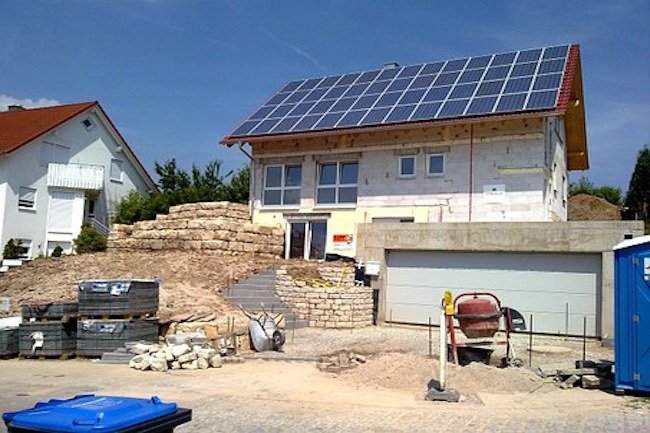How to Survive ANYTHING in 3 Easy Steps from The Organic Prepper
You can have enough food to ride out 15 years of Armageddon. You can have a fully stocked retreat or a bunker. You can have so much ammo stashed that your floorboards are groaning. You may have followed your favorite preparedness book’s guidelines to the letter, and thus have all of the physical aspects of survival in place.
But regardless of this, you may not be fully prepared.
Because surprisingly enough, none of these is an indication of “the prepper mindset.” Those items are a great start, but until your head is fully involved in the game, you’re not actually prepared.
Support Our Site

Now is your chance to support Gospel News Network.
We love helping others and believe that’s one of the reasons we are chosen as Ambassadors of the Kingdom, to serve God’s children. We look to the Greatest Commandment as our Powering force.
To me, the pinnacle of preparedness is a way of thinking about pretty much everything you encounter. It’s a unique way of looking at a situation, assessing the options, and acting that defines the prepper mindset. Think about any stressful situation that has ever happened to you. Once you accepted the fact that it had happened you were able to set a course of action. Once you had definitive steps to take, you probably felt much calmer. You took control of the things you could, and you executed your plan. Only by taking that first step – accepting that this mishap had indeed occurred – could you take the next two.
There are 3 steps to handling any crisis with aplomb. While the execution isn’t always easy, making these steps second nature will greatly increase your chances of survival, no matter what kind of disaster you are facing.
1.) Accept.
No matter what situation comes your way, the first step is to accept that whatever the event is, it really happened. This is tougher than it sounds, because our minds are programmed to protect us from emotional trauma. Cognitive dissonance means that when a reality is uncomfortable or doesn’t jive with a person’s beliefs, that person may opt to believe in something false just to assuage his desire for comfort. Psychologist Leon Festinger, who identified the principal of cognitive dissonance, suggested “that a motivational state of inner tension is triggered by logically inconsistent ways of thinking.”
If you’re wondering exactly how powerful cognitive dissonance can be, check out Amanda Ripley’s book, The Unthinkable: Who Survives When Disaster Strikes – and Why. Ripley, a journalist, covered many disasters of immense scale: plane crashes, natural disasters, and 9/11. She became curious about the difference between those who survived, and those who did not, wondering if it was dumb luck or if there was some other quality that made survival more likely. She interviewed hundreds of survivors and got her answer. The ability to immediately accept what was occurring was the quality most of the survivors possessed.
The story that stands out in my mind the most was the one about the people in the World Trade Center on September 11. They described the last time they saw some of their coworkers. There were many people who simply could not accept the fact that a plane had crashed into the building and that they must immediately evacuate. They gathered their belongs, tidied their desks, finished reports. They didn’t feel the same sense of urgency that those who survived did because the situation was so horrible that they just couldn’t accept it. Their inability to accept the scope of the danger caused many of them to perish in a tragic incident that other people, who acted immediately, survived.
When disaster strikes, you can’t spend 5 minutes thinking, “This can’t actually be happening.” It is happening, and moving past accepting that propels you through the first step into the second one.
2.) Plan.
Once you’ve accepted that this incident is indeed going down, you must devise a plan. It’s a whole lot easier to come up with a plan if you’ve spent just a little bit of time doing that previously.




